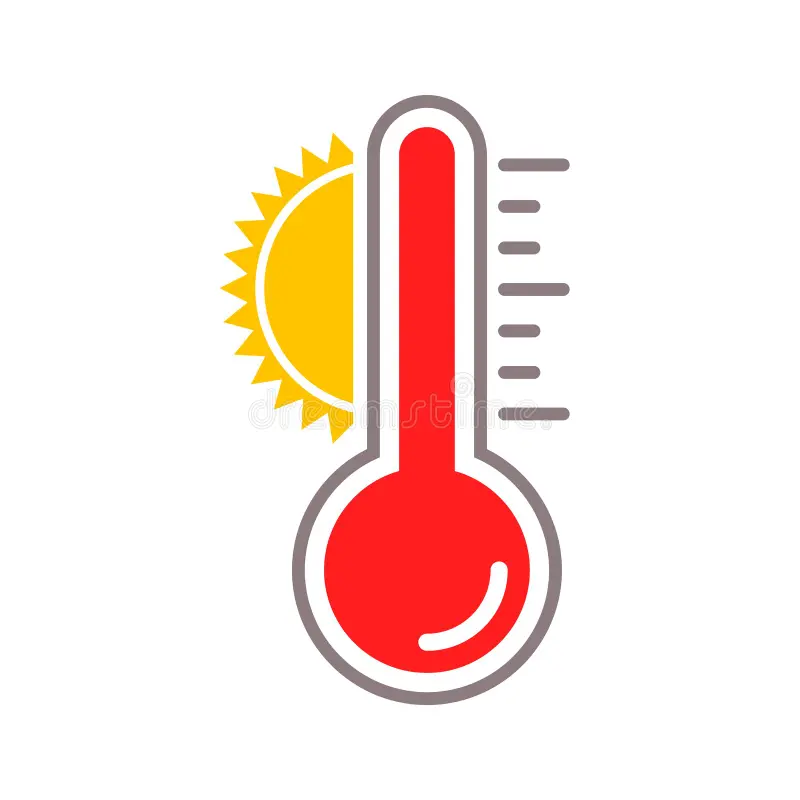PHIL’S CORNER
by Phil Carville | Co-Owner South Yuba Club

I am not talking about sausages in a bun, but about the summer heat and the need to protect yourself.
HOT
The last eight years were the hottest on record. Global temperatures were 2.2 degrees Fahrenheit above the preindustrial average. It is unlikely that anyone alive today will see the world’s temperature drop below that mark again.
HOT DOGS
Most likely, you have heard of the phrase “The Dog Days of Summer” – meaning that period from July 3rd to August 11th which are considered the hottest time of the year. The ancient Greeks and Romans recognized that during these 40 days the heat could be lethal.
The “Dog Days” has nothing to do with sweating dogs. Rather, the name comes from the ancient observation that the constellation Canis Major (Greater Dog) and its brightest star (Sirius) rose with the sun on July 3rd and ceased to do so on August 12th.
Sirius is the brightest star in the sky and the ancients thought that it had heat and made this period hotter. The name, Sirius, means ‘scorcher’. (The actual summer temperature increase is caused by the tilt of the earth toward the sun and the sun’s ray to strike the northern hemisphere at a more direct angle).
DANGER
Heat Waves kill people. The 2003 summer heat wave in Europe resulted in 10,000 deaths. Scientists predict similar heat waves in the future will occur three times more often as greenhouse emissions continue to increase.
In the early 1960’s I was in Marine boot camp in Quantico, Virginia with long hikes, 10 – 20+ miles, with full gear – helmets, rifles, and 40+ pound packs.
There we were; several hundred of us in three companies, running, jogging, marching up and down hills, through streams, bushwhacking our way through the swamps of tideland Virginia. Frequently people would succumb to the heat and pass out.
The Marine Corps philosophy at that time was that a super-conditioned Marine could endure the heat and go without water for extended periods. Not so! Two ‘conditioned’ recruits in our battalion died that summer. The Corps no longer subscribes to that philosophy.
HEAT STROKE
Heat stroke is a medical condition caused by exposure to high heat and humidity. There are several related conditions: heat exhaustion, heat cramps, heat syncope (fainting), and heat rash. There are more heat-related deaths annually in the United States than deaths caused by tornadoes, earthquakes, floods, and hurricanes combined.
YOU
Your body normally self-regulates its internal temperature by releasing sweat which cools when it evaporates… lowering your skin temperature. However, when air temperature is above 95 degrees Fahrenheit and relative humidity is 35 percent or greater, sweat will not evaporate quickly, and your body can not cool – a medical emergency.
Without additional fluids and electrolyte balances, your body temperature can rise rapidly causing damage the brain and other vital organs. If you are 65 or older, over-weight, have heart disease, poor circulation or use drugs or alcohol, you are a greater risk, so be careful when exerting outdoors.
PREVENTION
Here are some common-sense recommendations: wear loose and lightweight clothing, drink plenty of water, take precautions with certain medications, take it easy during the hottest part of the day.
EXERCISE
Despite the heat, you need to exercise. Exercise slows the aging process, lengthens your life span, makes you happier, improves your body composition and boosts brain health. Don’t let a heat wave prevent you from exercising.
Try walks or slow jogs in Empire Mine Park in the early morning, spend some time at the River, Scotts Flat or Rollins lakes. During the day, work out in an air-conditioned gym environment. Attend group exercise classes, use treadmills/elliptical machines, try free weights, take Yoga or Qi Gong – finish off your session with a refreshing dip in the pool. Just stay out of the mid-day heat.
YOGI WISDOM
Be cool. Remember what Yogi Berra, the baseball great and loveable sage, said about the weather, “It ain’t the heat, it’s the humility.”
